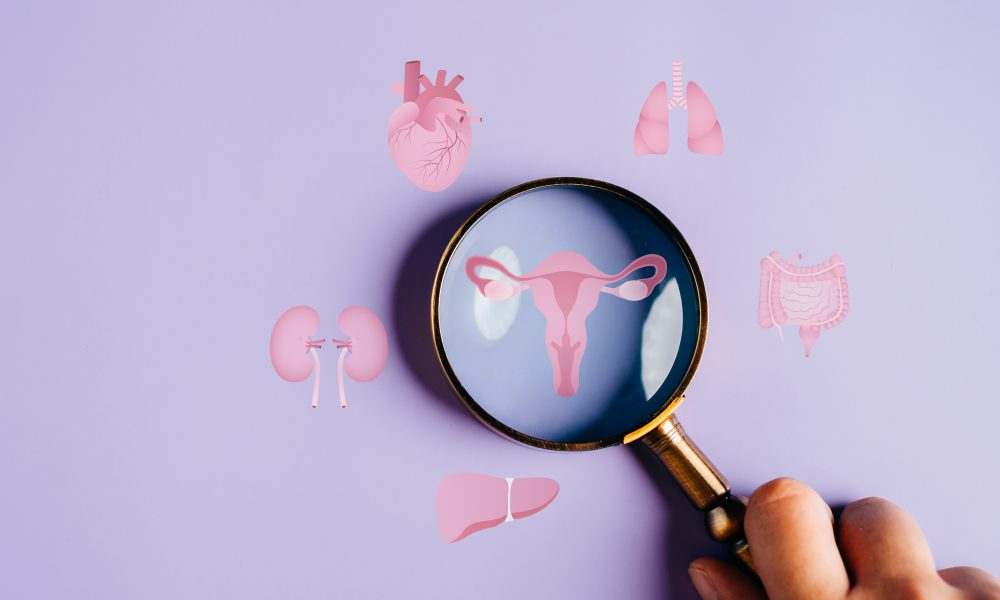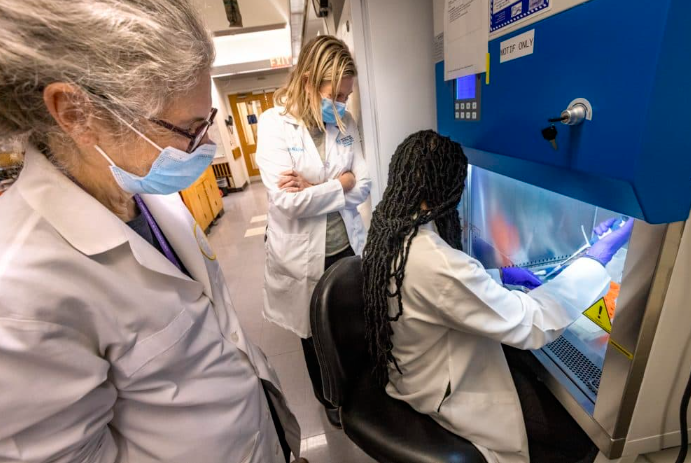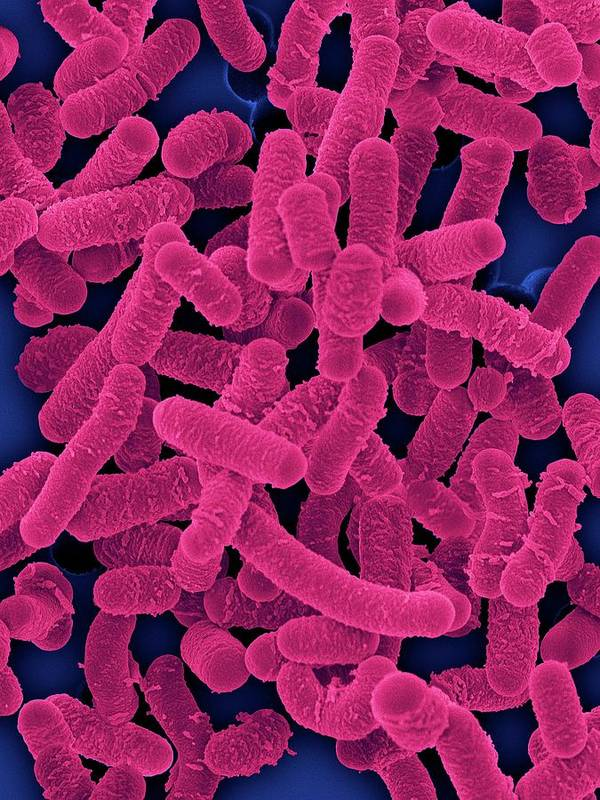
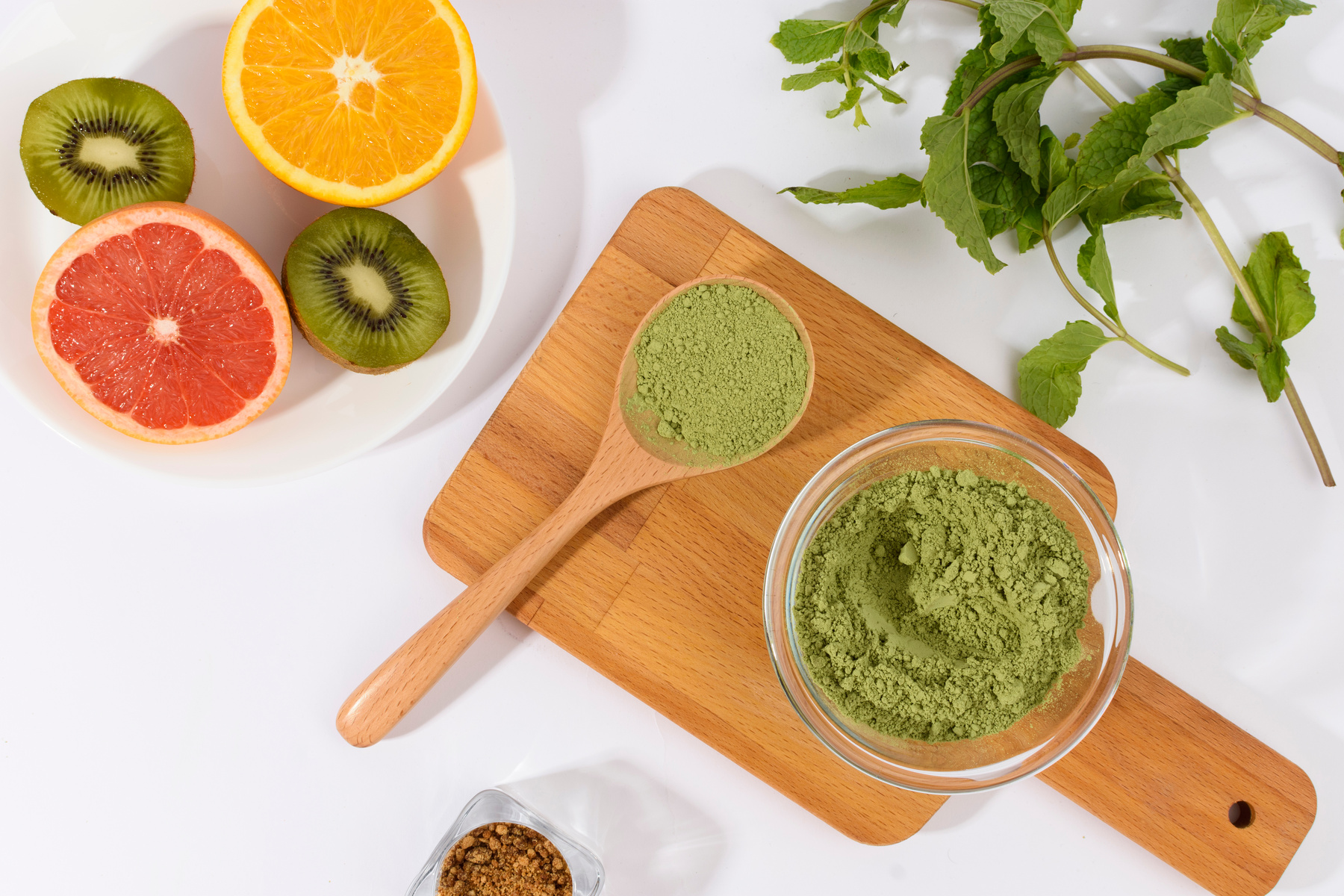
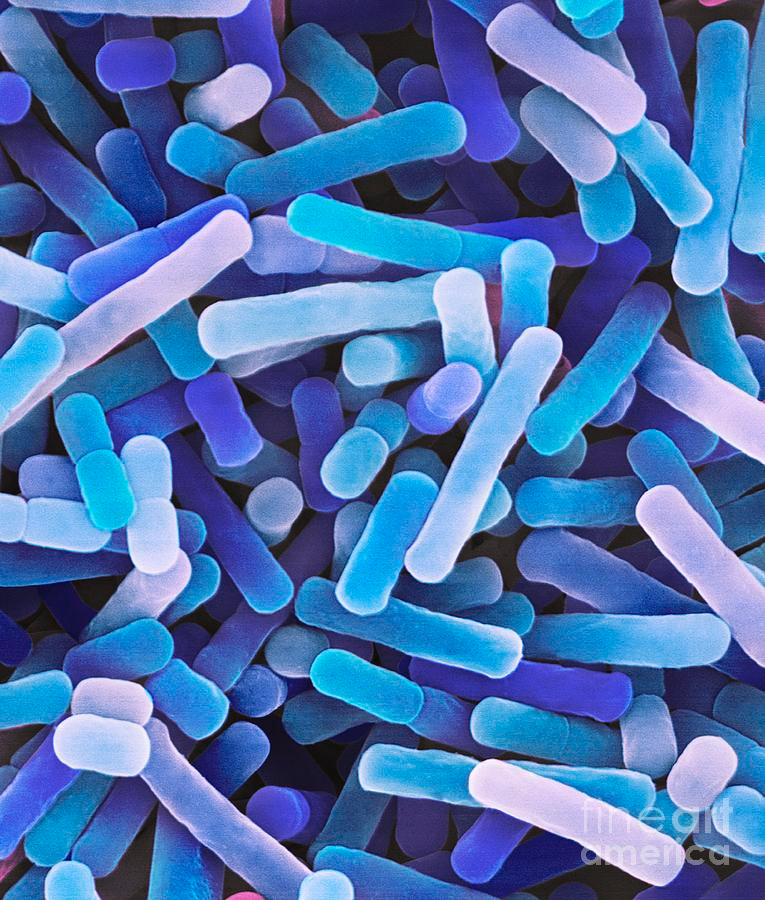
MOTIF
Modifying Organisms Transvaginally in Females
BV impacts a third of women worldwide, and antibiotic treatment fails to provide long term cure in 60% of people
Our mission
This research study will test whether transferring vaginal fluid with healthy Lactobacillus to someone with recurrent bacterial vaginosis will prevent BV from coming back.
what is bacterial vaginosis?
Bacterial vaginosis, characterized by a loss of healthy vaginal lactobacillus bacteria, impacts close to 30% of US women and is associated with higher risk for preterm birth, HIV acquisition, and HPV persistence. In addition, persistent, recurrent symptoms can have a significant impact on quality of life. Current treatment strategies of vaginal or oral antibiotics fail achieve a durable cure in 30-60% of women.
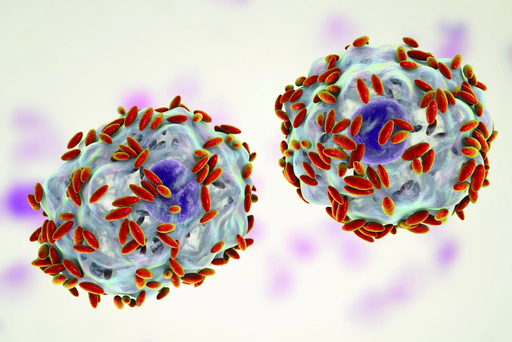
WHY ARE WE DOING THIS RESEARCH STUDY?
- Antibiotic treatment for BV can provide temporary relief, but in up to 60% of people, BV comes back within 3-6 months.
- We think this is because the protective bacteria, Lactobacillus, do not come back after antibiotic therapy.
- Currently, probiotics available in stores have not been widely effective in restoring Lactobacillus.
Results of antibiotic treatments
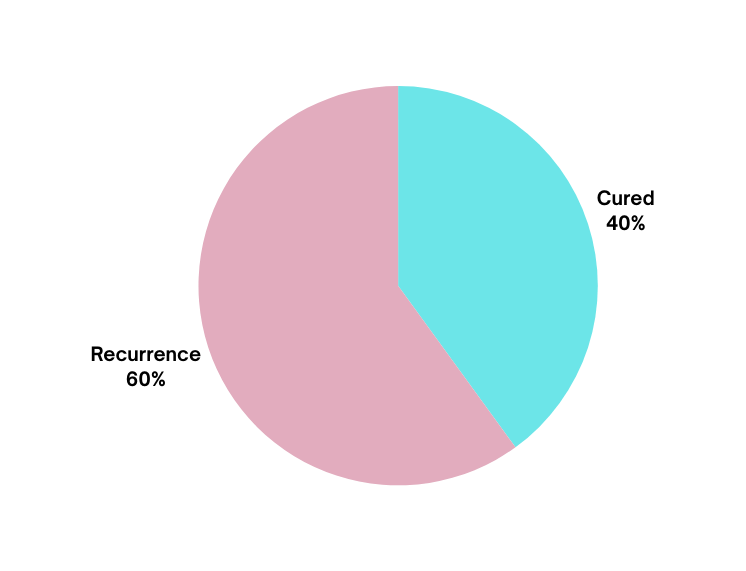
how can you participate?
DONORS
trial participants
People 18-55 with > 3 episodes of BV in the past year and not in menopause, are eligible. Participants:
- receive oral antibiotics
- are randomized to 2 doses of healthy vaginal fluid or sterile placebo.
- attend a total of 10 visits over 6 months.
Participants who complete all study visits can receive up to $300.
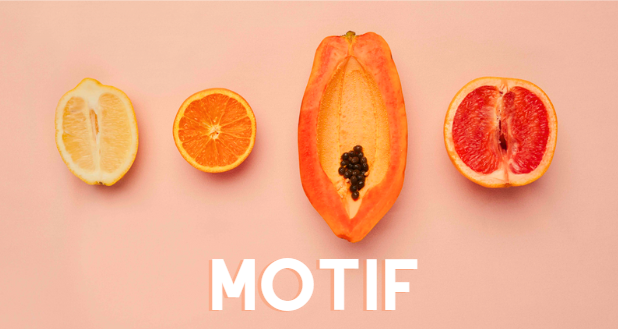
Healthy people who have never had BV, are not in menopause and have vaginal Lactobacillus can donate vaginal fluid up to 20 times in a 45-day window. Donors are tested for multiple kinds of infections 3 times during that window. Participants who complete all study visits can receive up to $800.
Frequently Asked Questions about Vaginal Microbiome Transplant
How do you know vaginal fluid donations are safe?
Donors are tested for HIV, Hepatitis (A, B, C), Herpes, Syphilis, HPV, CMV (cytomegalovirus), HTLV (human T lymphotrophic virus), Mono (Epstein Barr virus), gonorrhea, chlamydia, trichomonas, yeast, mycoplasma before and after donating, and for the viral infections a month after finishing donation.
We also test each donation for semen, HPV and Lactobacillus crispatus .
How do people donate vaginal fluid?
Donors place a disposable menstrual cup in the vagina the night before coming to clinic. When they arrive, they remove the menstrual cup, and we collect the vaginal fluid from that. Donors do not donate when menstruating.
How do you do the vaginal fluid transplant?
The clinical provider does a speculum exam and uses a sterile eyedropper to place the vaginal fluid (or placebo saline) in the participant’s vagina. The speculum is then removed and the participant lies flat for about 15 minutes. Each participant will get 2 doses, 48-72 hours apart.
Dr. Caroline Mitchell, MD, MPH Principal Investigator
our team
Dr. Douglas Kwon, MD, PhD
Principal Investigator
Daniel Worrall, NP
Clinical Operations Manager
Meena Murthy, CNP
Co-investigator, Clinician
Fatima Hussain
Postdoctoral Fellow
Ankita Katukota
Clinical Research Coordinator
Judith Brister
Clinical Research Coordinator
Agnès Bergerat-Thompson, PhD Senior Laboratory Technologist
Briah Cooley Demidkina
Senior Clinical Research Coordinator
Wafae El-arar
Laboratory Technician
Miles Goldenberg
Laboratory Technician
Aditi Kannan
Research Technician
Natalie Culler
Research Technician
Jiawu Xu
Senior Research Scientist

Get in touch
Potential participants contact:
Ankita Katukota
Clinical Research Coordinator
akatukota@mgh.harvard.edu
(857) 268-7068
Judith Brister
Clinical Research Coordinator
jbrister@mgh.harvard.edu
(857) 268-7065
For clinical questions contact:
Dr. Caroline Mitchell
Principal Investigator
caroline.mitchell@mgh.harvard.edu
(617) 724-3326
Dr. Douglas Kwon
Principal Investigator
(857) 268-7160

science4women



